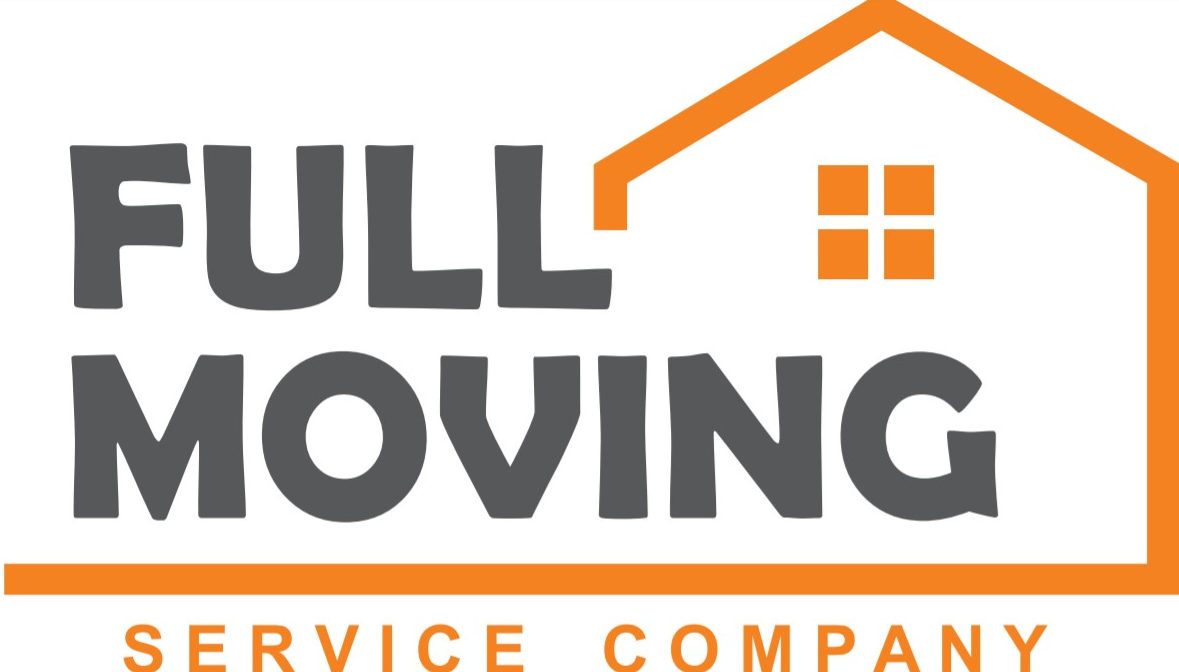- Consider your long-term plans and financial situation when deciding whether to rent or buy after relocating.
- Renting offers flexibility and lower upfront costs, while buying can build equity and provide stability.
- Research the local real estate market and rental landscape in your new location.
Relocating to a new city or state presents a significant housing decision: should you rent or buy? Both options have their own set of advantages and disadvantages, and the best choice depends heavily on your individual circumstances, financial goals, and long-term plans for your new location. This guide will explore the key factors to consider when weighing the rent vs. buy decision after a move.
Assessing Your Long-Term Plans and Financial Situation
Before making a decision, take a close look at your long-term plans for the new area. Do you see yourself settling down there for many years, or is this a more temporary move for a job or other opportunity? If your stay is uncertain or relatively short-term, renting typically offers greater flexibility and avoids the complexities and costs associated with buying and selling property. Additionally, evaluate your current financial situation. Buying a home involves significant upfront costs, including a down payment, closing costs, and potential 1 for immediate repairs or renovations. Renting generally requires a smaller initial outlay, such as a security deposit and the first month’s rent.
Weighing the Pros and Cons: Flexibility vs. Stability and Equity
Renting offers the advantage of flexibility. Lease terms are typically shorter, allowing you to move more easily if your circumstances change. Upfront costs are lower, and you’re generally not responsible for major maintenance or repairs. However, you’re not building equity, and your monthly payments contribute to someone else’s investment. Buying a home, on the other hand, allows you to build equity over time and potentially benefit from property appreciation. It offers greater stability and the opportunity to personalize your living space. However, it comes with higher upfront costs, ongoing expenses like property taxes and insurance, and less flexibility if you need to move quickly.
Researching the Local Market: Real Estate and Rental Landscapes
The specific characteristics of the real estate and rental markets in your new location will also play a significant role in your decision. Research average rental rates and home prices in the neighborhoods you’re considering. Understand the local property tax rates and insurance costs. A strong rental market might make renting a more attractive and affordable option, while a stable or appreciating real estate market could make buying a sound long-term investment. Consider consulting with local real estate agents and rental professionals to gain insights into the specific dynamics of your new area.
Deciding whether to rent or buy after relocating is a significant financial and lifestyle choice. Let FullMoving.net handle the logistics of your move, providing you with the freedom and flexibility to explore your housing options and make the best decision for your future in your new location.

0 Comments